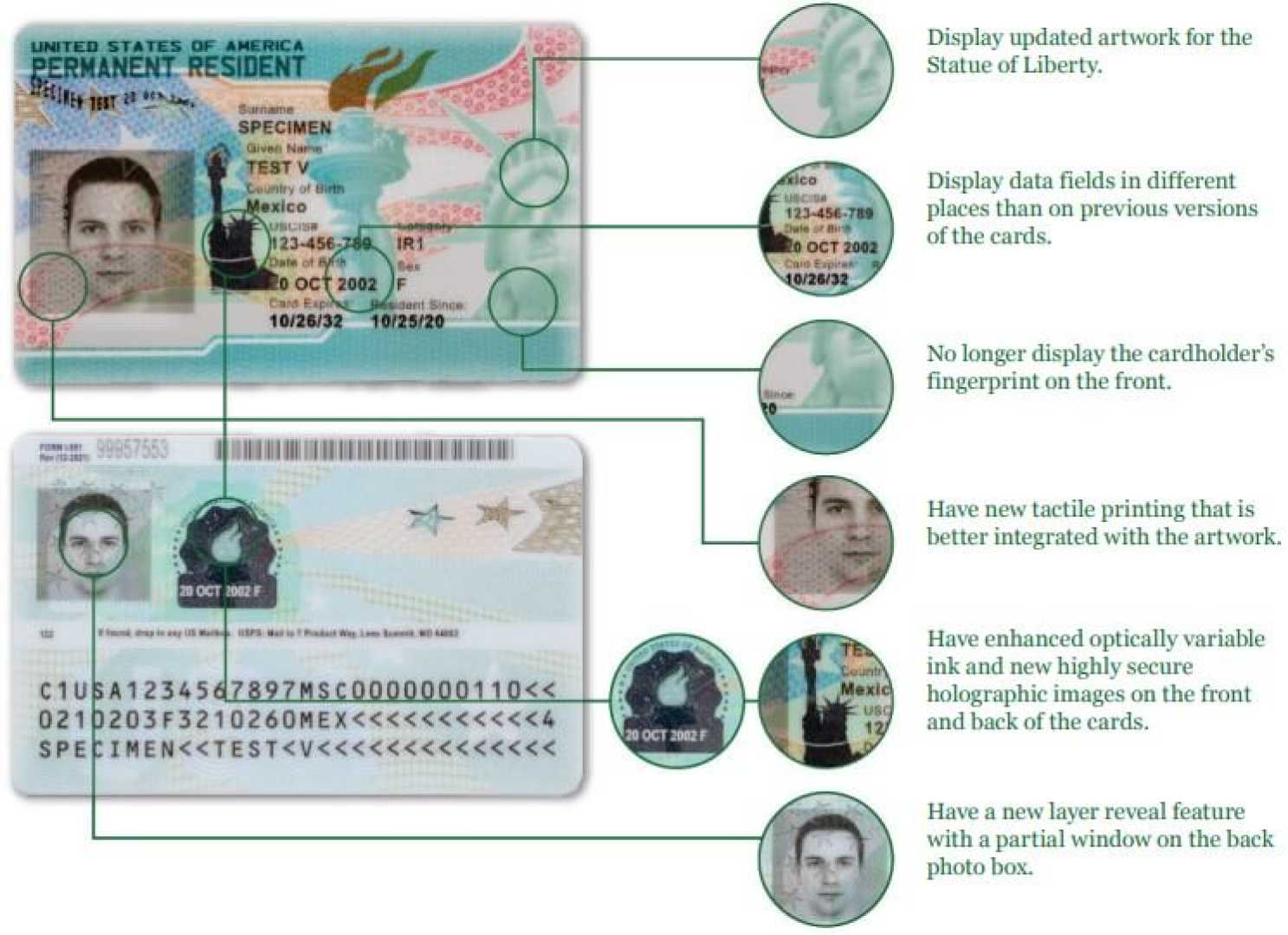Business
DHS Ends Automatic EAD Extensions for H-4 and AOS Applicants

Washington, D.C. — The Department of Homeland Security (DHS) has announced an Interim Final Rule (IFR) that will end automatic Employment Authorization Document (EAD) extensions for certain applicants, including H-4 spouses and Adjustment of Status (AOS) applicants. The rule was published in the Federal Register and will take effect on October 30, 2025.
Under the current policy, eligible applicants who filed for EAD renewals on time received an automatic extension of up to 540 days. This provision allowed individuals to continue working while the U.S. Citizenship and Immigration Services (USCIS) processed their applications. However, starting October 30, applicants whose EADs expire will no longer have this automatic extension.
According to DHS, once an EAD expires, applicants must cease working until USCIS approves and issues a renewed document. This change mandates that employers verify valid and unexpired EADs before allowing continued employment, reinforcing identification and vetting processes.
The new rule primarily impacts H-4 spouses and AOS applicants who are dependent on USCIS-issued EADs. Receipt notices will no longer serve as valid work authorization, meaning that employment must stop once the EAD has expired.
DHS advises applicants to file their renewal applications early, ideally 180 days before their current EAD expires, to minimize potential work interruptions. The standard processing time for EAD renewals typically ranges from 6 to 12 months, depending on the applicant’s category and current workloads at USCIS.
While this rule introduces significant changes for many, it does not affect extensions authorized by law or specific Federal Register notices for limited categories. Applicants are encouraged to stay informed about their specific situations and the implications of this new rule.












